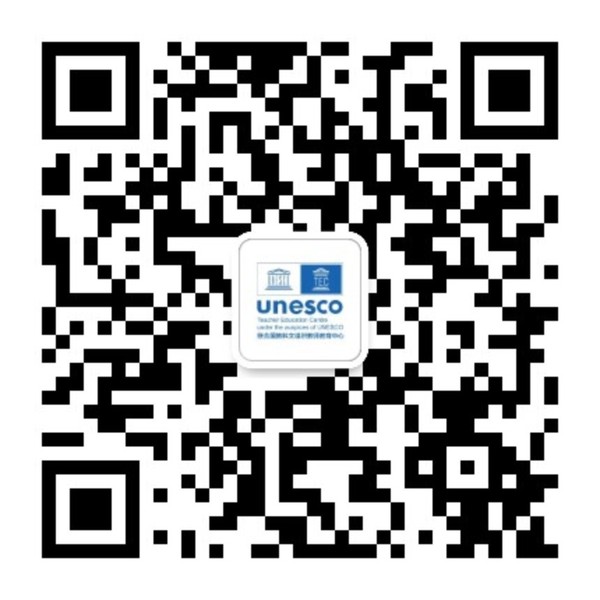To enhance volunteers' operational competence, the UNESCO Teacher Education Centre (hereafter referred to as the Centre), in collaboration with the Academic Affairs Office and the College of Education of Shanghai Normal University, hosted the First International STEM Education Volunteers Pre-departure Training and Students’ Summer Overseas Social Practice/Research Workshop from June 24 to 26. A total of 34 participating teachers and students from the Tanzania, Indonesia, and Thailand Teams took part in the training.
This workshop, developed, organized, and hosted by Associate Professor Zhang Huafeng and Dr. Ding Ruoxi from the Centre, focused on three themes: value shaping, academic training, and experience sharing. Through various forms such as expert lectures, peer exchanges, safety workshops, and group research design, it created an immersive environment for volunteers to gain a comprehensive understanding of education in the Global South, overseas research methods, and international education competence, helping participating teachers and students fully prepare for the summer overseas practice.
June 24: Knowledge Preparation and Competence Building
Associate Professor Zhu Xiaohu, the first speaker of the workshop, delivered a lecture themed Education in Southeast Asia from a Global Perspective. Starting with TALIS and PISA data, he systematically interpreted the educational ecosystem in Southeast Asia. Additionally, he introduced the geographical overview of Southeast Asia and the educational collaboration mechanisms of the Association of Southeast Asian Nations (ASEAN), discussing how education, as a human resource investment, drives economic development. Data shows that Singapore’s gross enrollment rate in higher education is nearly 90%, while Vietnam’s performance in the PISA 2022 mathematics assessment highlights a low-input, high-output education model, reflecting the diverse development paths of education in Southeast Asia. Professor Zhu emphasized that, except for Singapore, students in other Southeast Asian countries generally face issues of food and clothing, underscoring the importance and urgency of educational equity and basic safeguards.
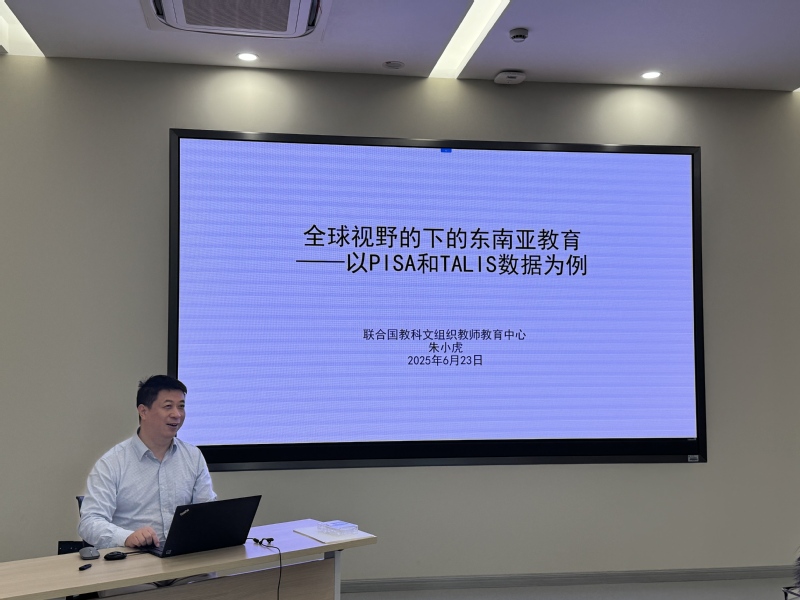
Dr. Meng Wenting from the School of Politics and International Relations at East China Normal University, drawing on her personal experience working in international organizations, shared the UN’s competency framework and its evolution, analyzing the essential knowledge, skills, and traits required of international civil servants. From McClelland’s competency theory to Spencer’s iceberg model, and from the UN’s 386 framework to the updated 4+5 system in 2021, she emphasized to the students the importance of cross-cultural communication, problem-solving abilities, and a global perspective in international work.
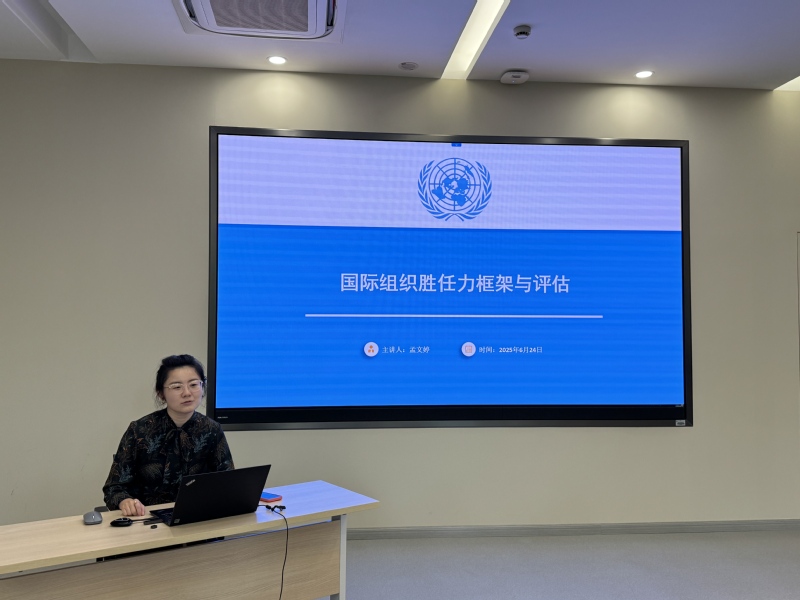
Associate Professor Zhang Huafeng introduced ethnographic research methods and shared specific research design ideas through two case studies. He presented the research theme—China’s educational image from the perspective of the Global South—and proposed basic design 思路 and considerations. Subsequently, the Indonesia, Tanzania, and Thailand Teams conducted brainstorming sessions on interview schedules, research questionnaires, and interview outlines. Teaching assistants Cheng Jialei, Ma Yining, and Hu Qi supported the three teams in efficiently defining research objectives, reviewing literature to confirm academic concepts, and completing basic research designs.
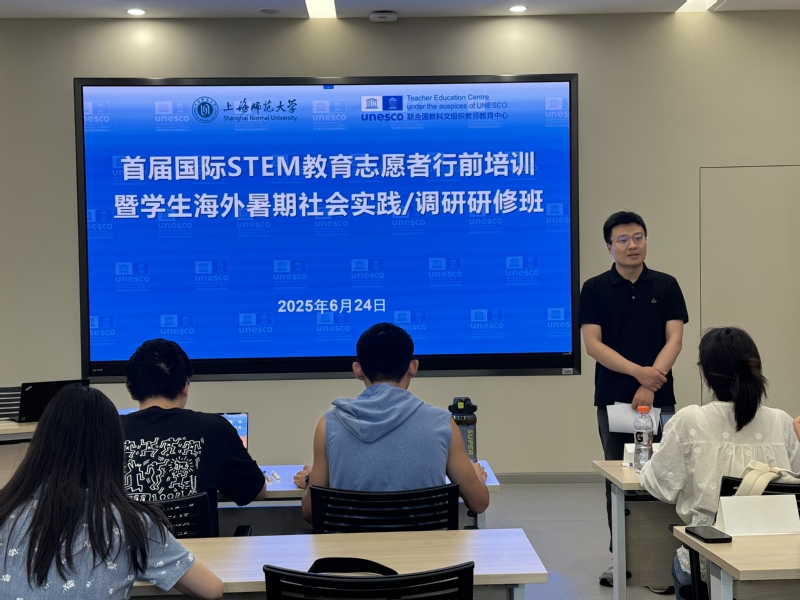
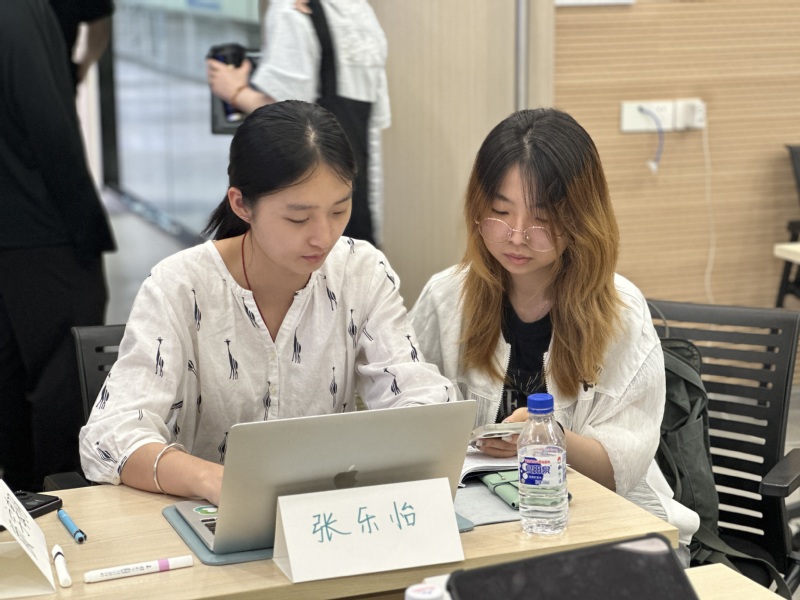
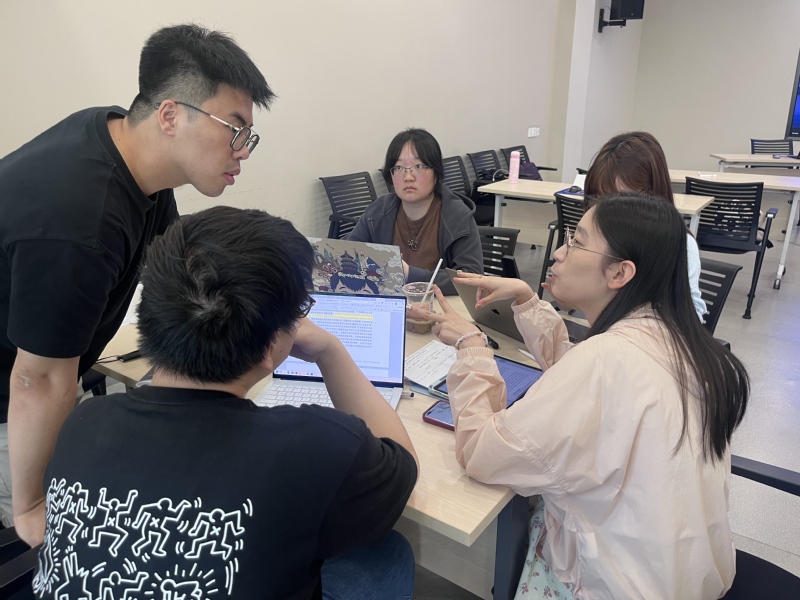
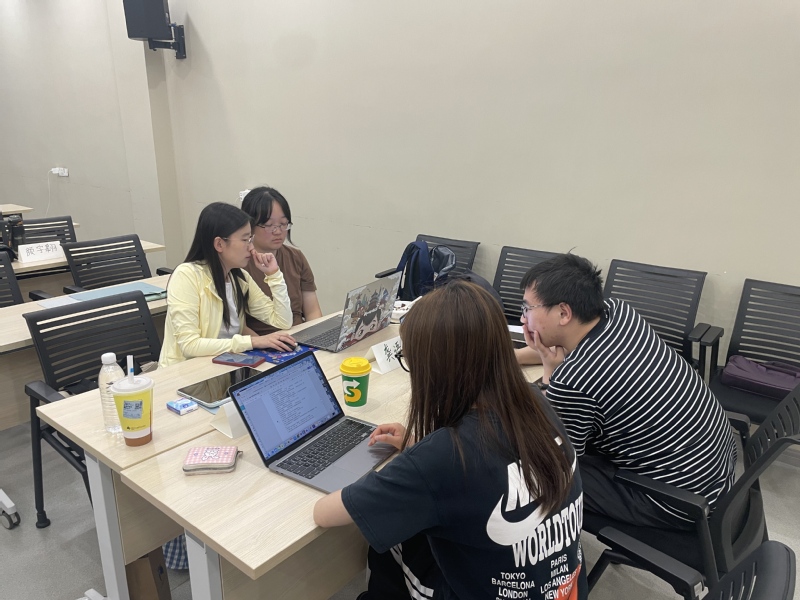
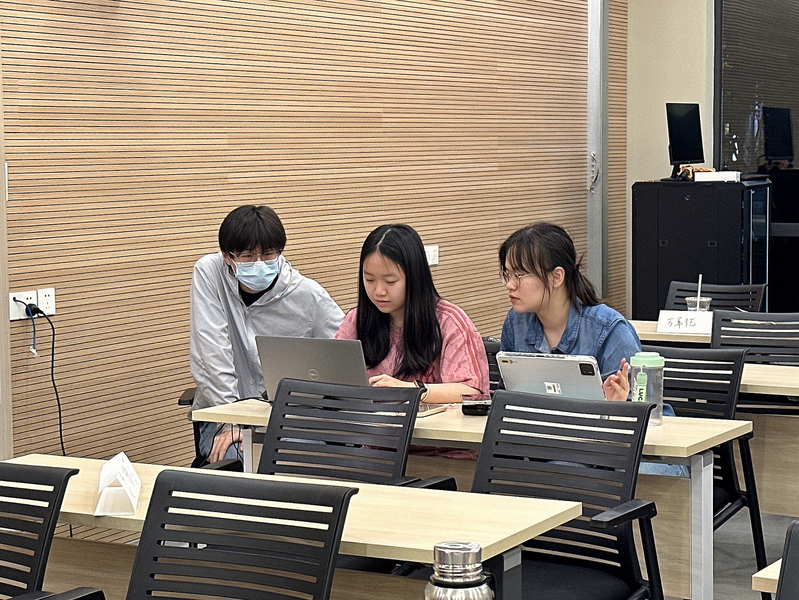
June 25: Theoretical Depth and Efficacy Enhancement
Professor Zhang Minxuan, Director of the Centre, delivered a special report Educational Development in the Global South and the Dissemination of Chinese Knowledge to all teachers and students. He profoundly explained the origin and historical evolution of the Global South concept: from reviewing the historical context of the colonial period, to the proposal of the Third World theory, to the current framework of South-South cooperation centered on developing countries in Africa, Latin America, and Asia, and finally discussed the widely recognized concepts of a community with a shared future for mankind and the common good of education in the international community. He emphasized that as international education volunteers, one should possess certain basic qualities, particularly stressing the need to treat educators and people in Global South countries with equality, respect, and mutual learning.
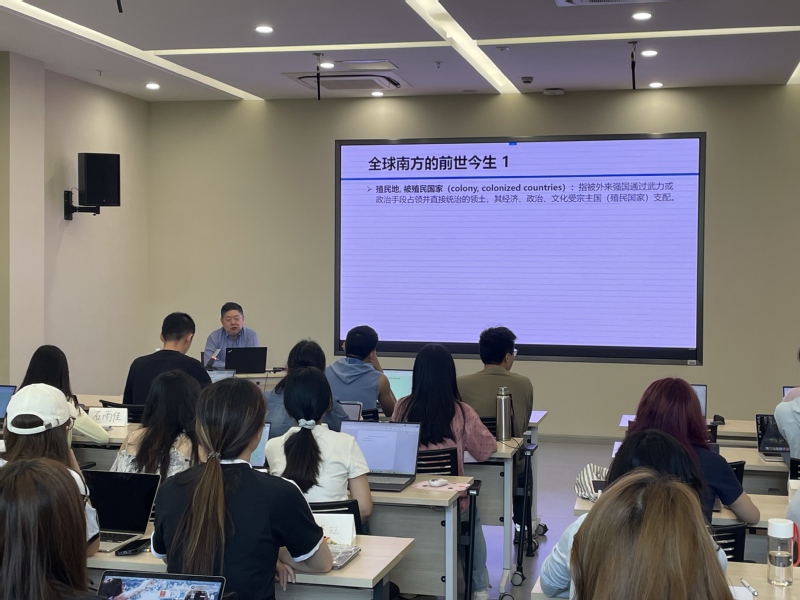
Dr. Ding Ruoxi introduced methodologies for China to share educational knowledge with the Global South. From the perspective of development communication, she discussed China’s stance of disseminating educational knowledge through consensus rather than coercion. Against the backdrop of current South-South cooperation and triangular cooperation, Dr. Ding emphasized that volunteers need to address specific contexts and audiences, and implement a knowledge-sharing approach of communication assessment - on-site connection - strategy building.
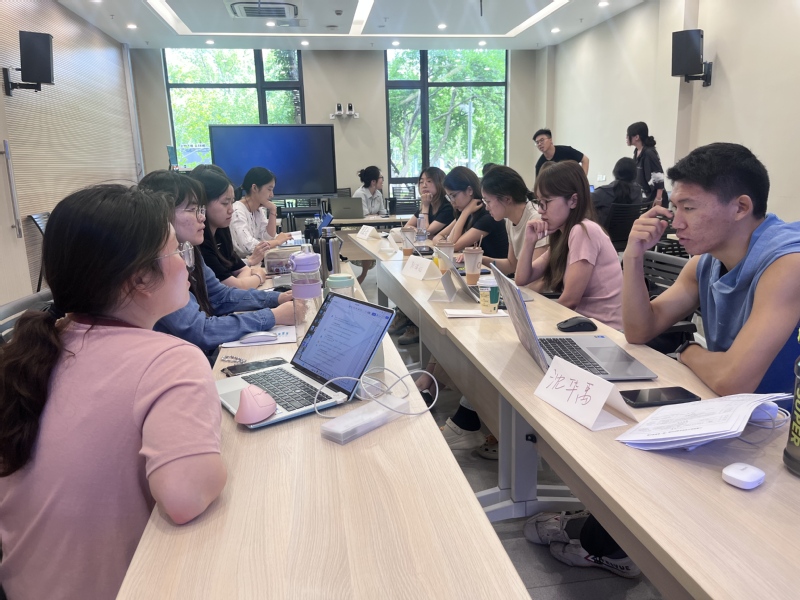
Ms. Cheng Yijun from Yangjing Juyuan Experimental School, who has served as an international education volunteer in the UK and Tanzania five times, shared her rich practical experience under the theme Building Volunteers’ Self-Efficacy, offering effective methods for self-regulation and environmental adaptation in cross-cultural conflicts.
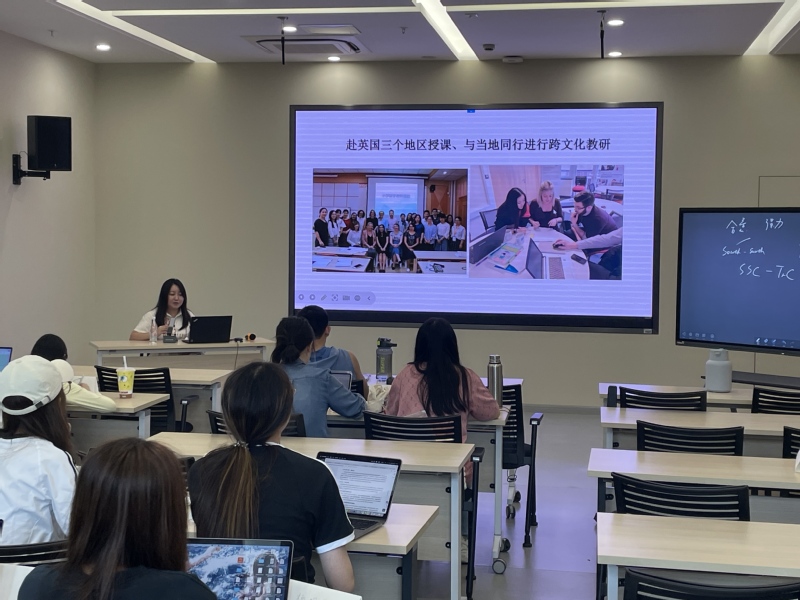
June 26: Phased Achievements and Safety Education
On the final day of the workshop, members of the Indonesia and Tanzania Teams presented their completed phased research plans, covering research questions, sample selection, and data collection procedures. Teachers from the Centre fully acknowledged the students’ professional capabilities and efficiency, and put forward optimization suggestions in terms of focus of research questions, cultural sensitivity, and methodological rigor.
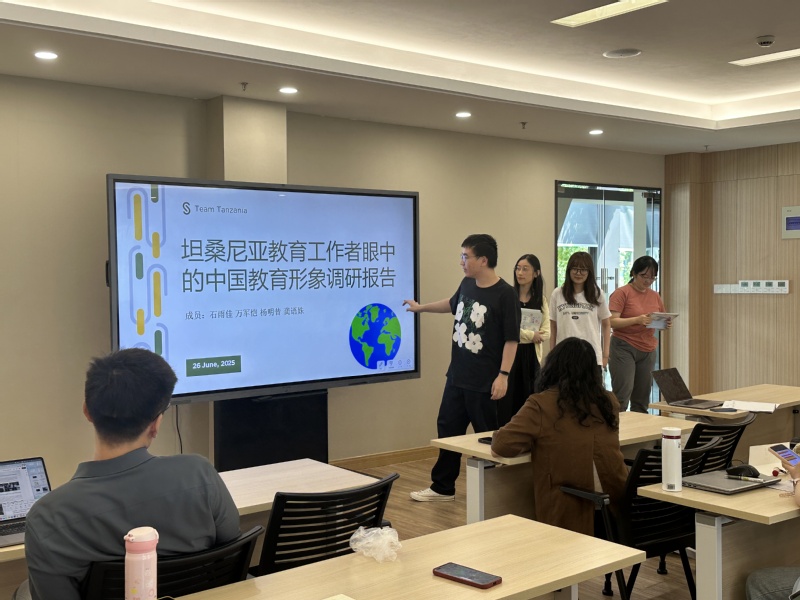
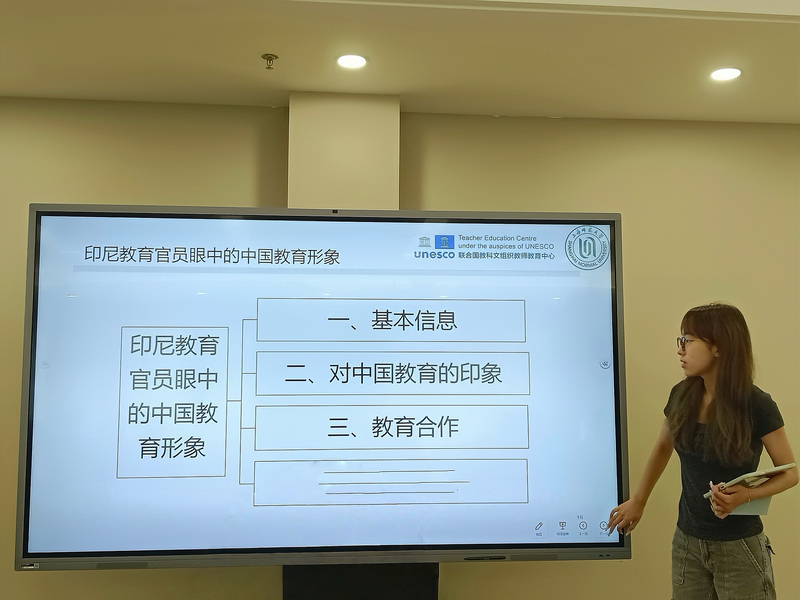
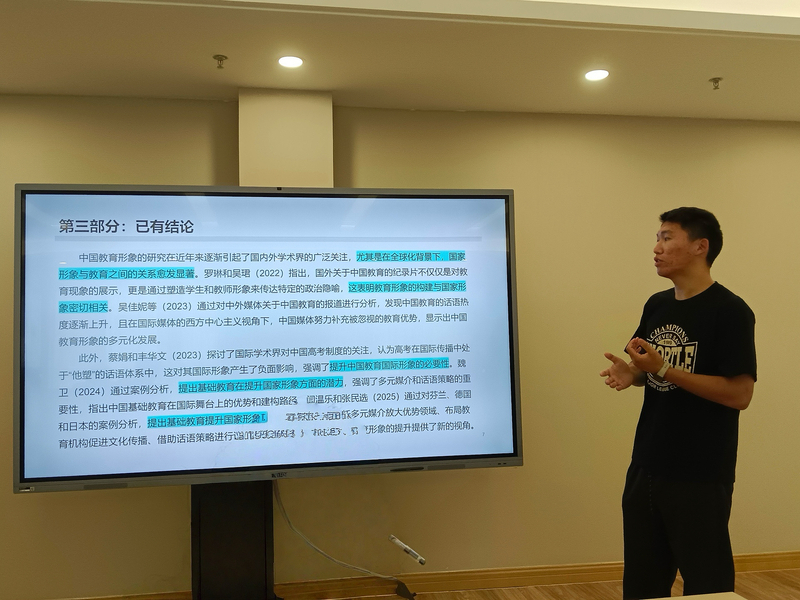
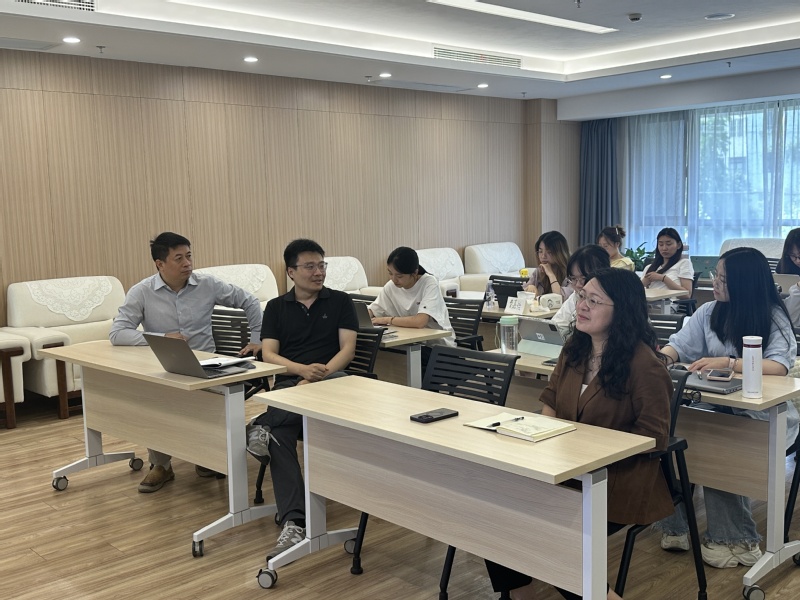
As the last report of the workshop, Dr. Shen Yihua systematically introduced cultural taboos and safety precautions in Indonesia, Tanzania, and Thailand, with special emphasis on the principle of cultural humility in overseas research, and sincerely wished this year’s three teams a triumphant return.
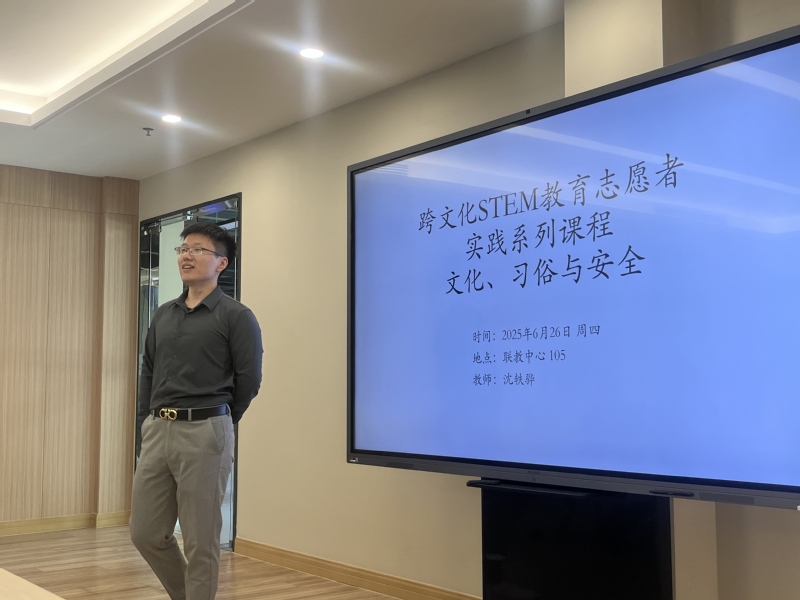
This overseas practice has received strong support from relevant departments and colleges of the university. It is not only a volunteer service and academic research initiative but also a vivid practice of cultural mutual learning. Recommended by the Shanghai Municipal Committee of the Communist Youth League, Shanghai Normal University,and the World Bank, the Centre’s Towards the Global South: Shanghai International STEM Education Volunteer Program was selected into the second batch of global model projects under the Global Youth Development Action Plan. Leveraging the platform of the UNESCO Teacher Education Centre, the team will continue to integrate global knowledge and resources, expand the project’s influence, and mobilize more young students and teachers to participate, sharing China’s educational experience and contributing to the development of the Global South.




